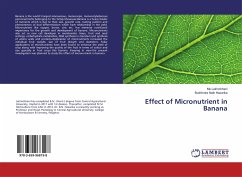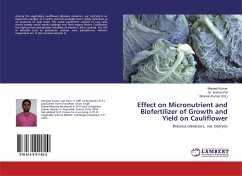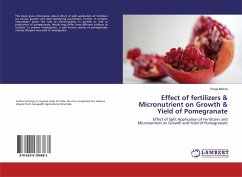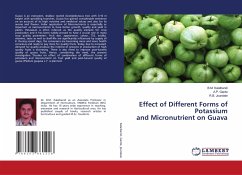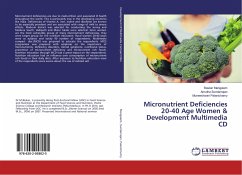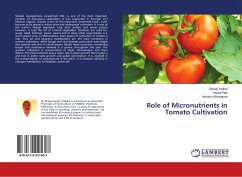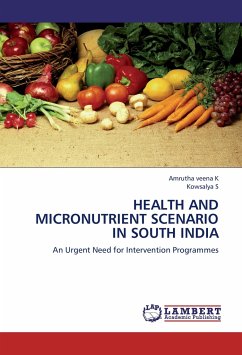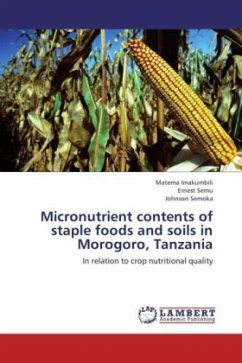Banana is the world's largest monoecious, monocarpic, monocotyledonous perennial herbs belonging to the family Musaceae.Banana is a heavy feeder of nutrients which is due to their size, growth rate, rooting pattern and phenomenon of bud differentiation which have relationship in the yield. Micronutrient like copper, boron, zinc etc. has immense nutritional importance for the growth and development of banana. Micronutrients also act as new cell developer in meristematic tissue, fruit and seed settings, carbohydrate metabolism, DNA synthesis in meristem and synthesis of amino acids and proteins.Application of micronutrients increased the individual fruit weight, size of fruit (length and diameter). Foliar applications of micronutrients have been found to enhance the yield of crop along with improving the quality of the fruit in terms of colour and size specially in fruit crops like banana. Keeping in view the present investigation was planned to study the effect of micronutrient inbanana.
Bitte wählen Sie Ihr Anliegen aus.
Rechnungen
Retourenschein anfordern
Bestellstatus
Storno

